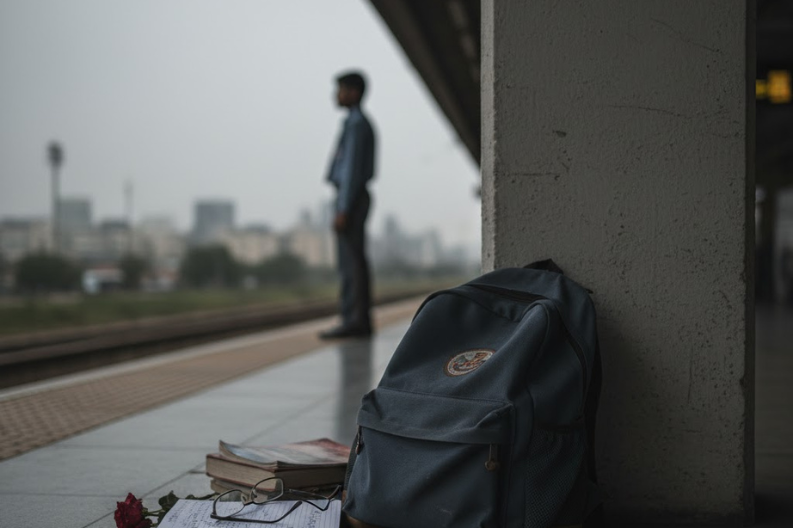A 16-year-old boy from Delhi died by suicide on Tuesday, marking another painful chapter in the death of Delhi student cases that raise deep concerns across India. The boy, a Class 10 student at a private school, jumped from Rajendra Place Metro Station around 2:34 PM. Although he was rushed to BLK Hospital, doctors declared him dead on arrival. His final note revealed how teachers allegedly caused long-term distress, and it also contained a request for organ donation, hoping his death could still help others.
Soon after the incident, his father filed a case against three teachers and the school principal. He said the teachers had threatened the boy with expulsion for several days, and one of them had even pushed him. Moreover, the boy’s friends told the family about repeated warnings regarding a transfer certificate. Even though the parents had complained earlier, they avoided pushing the matter further because exams were approaching and twenty internal marks depended on the school. Sadly, the family had promised him a school change after exams, but the pressure grew faster than the support reached him.
Across India, student stress has been a growing issue. Although Punjab reported the highest number of student suicides in 2020, several other states, including Delhi, Chandigarh, and Mohali, continue facing similar patterns. Students often feel trapped between academic expectations and emotional struggles. While the Right to Education Act aimed to improve access to schooling, real support inside classrooms still needs stronger systems. Many students say they fear punishment, humiliation, and pressure far more than exams themselves.
Schools must respond quickly and build stronger support networks. Teacher-training programs can help educators understand student distress. Regular mental-health sessions can also give students safe spaces to share their worries. Simple steps such as accessible counselors, stress-relief activities, and open discussion circles can create big, positive changes. When teachers, parents, and school authorities work together, students feel supported instead of judged.
Parents play a crucial role as well. Many children hide problems because they fear disappointing their families. Open conversations and daily check-ins can help kids speak honestly about their feelings. Even a few minutes of gentle talk can reveal early signs of stress. Communities and local groups can also organize awareness drives, workshops, and youth-support activities. These efforts teach students healthy ways to manage pressure.
This tragedy shook Delhi, but it also highlights an important truth. Emotional well-being must stand beside academic goals. When children grow in supportive spaces, they handle studies with more confidence and less fear. As society reflects on the death of Delhi student, it becomes clear that every child deserves safety, understanding, and a place where their voice is valued.



